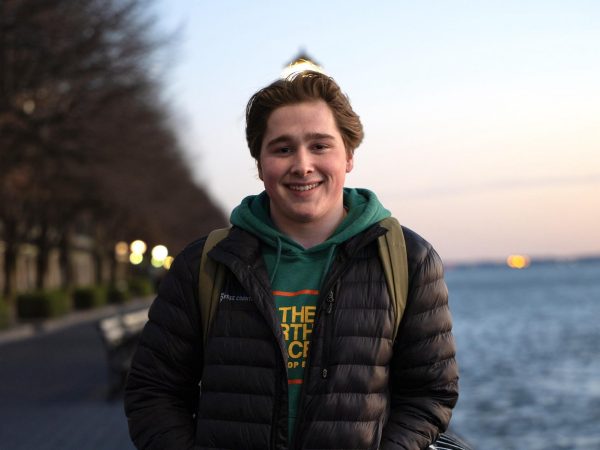The unconstitutional controversy of citizenship in American Samoa
May 22, 2017
The United States of America. Land of the free. Home of the brave. A place where people come to gain freedoms and rights others wish they had. A place where people are given unalienable rights, like life, liberty and the pursuit of happiness by the Declaration of Independence. Yet, in the American territory of Samoa, U.S. citizenship is not granted at birth. In the other four unincorporated territories of the U.S., you automatically become a citizen if you are born there.
But this has not stopped many Samoans from trying to gain citizenship. A nonprofit advocacy organization called “We the People Project” has started to help people in Samoa America gain citizenship through the U.S. Supreme Court. American Samoans born on U.S. soil are considered U.S. Nationals which are not U.S. citizens, but are people who are born in or have ties with outlying possessions of the U.S. This irrational idea came about back in 1901 when the U.S. Supreme Court debated the insular cases. These cases determined the status of full constitutional U.S. rights to territories, like Samoa.
People from Samoa America are still able to sign up for the draft and fight for a country they are not technically citizens of. By not being citizens of the U.S., Samoans are not able to hold public office, nor do they have the right to vote. Yet, in the Supreme Court case of Tuaua v. United States, many Samoans looked to the 14th amendment which was adopted after the civil war which declares “All persons born in the United States, and subject to the jurisdiction thereof, are citizens of the United States.” But the Supreme Court denied certiorari, meaning they would not hear the case.
American Samoa has been a part of the U.S. for over 100 years and they have some of the highest rates of military, yet they are required to naturalize in order to be citizens. The people of the other four territories; Guam, Northern Mariana Islands, Puerto Rico and the U.S. Virgin Islands are given citizenship at birth, but not Samoa Americans.
“The longer-term impact will be felt not just among all of the U.S. territories, but also overseas as courts grapple with similar questions over how the Constitution protects citizens and noncitizens in foreign countries,” said CNN contributor, Steve Vladeck.
If people of the U.S. and of the territories were to notice the injustice being brought upon the people of the territory of American Samoa, we could make a difference. This little island is about 6,130 miles from our small and measly state of South Dakota, yet I still take offense to this debate over citizenship that should be guaranteed in the first place. If the Supreme Court could see citizenship is a constitutional right and not just a measly congressional prerogative, then everyone included in this nation could have the rights they deserve. In the U.S., we have constitutional rights and freedoms and everyone, no matter where they are from, deserves to partake in theirs.









